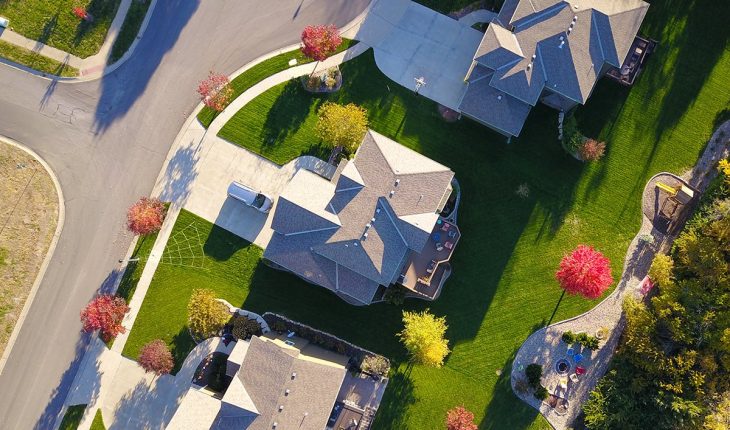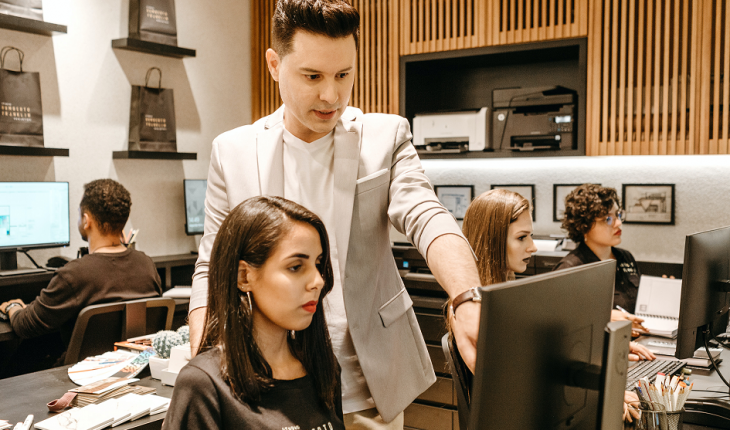Due to the increasing popularity of people working from home, an unintended consequence is the increased risk of hacking.
This is an issue we take very seriously and thought it was an appropriate time to give an update to our clients on how we intend to change our business environment and give you some perspective on what this will look like.
Not sure how you will be affected? Our Client Manager, Rohan Richards outlines this issue in more detail and tips on how to avoid being hacked.
Privacy – Passwords
Passwords are a series of characters that provide access to information that only you should see. These characters should be a mix of numbers, letters, symbols etc. If you vary the type of characters (i.e. use a higher mix of different letters, numbers and symbols) and a higher number of characters, the password strength is strong, and weakens the risk of it being broken.
Why do we need to actively manage our passwords?
Your passwords act as keys to your online data stores which represent your digital identities. The harm experienced by compromised passwords is often reputational. For example, if you visualise your password as keys to the different online identifies you have, it is important to have a different unique strong password for each of these identities so that if one password happens to be compromised, the risk is not propagated to your other identifies. For example, your banking password should not be the same as your email or laptop password.
What are some helpful ways to remember passwords?
Based on the latest research in this area, leading scientists advocate the use of mnemonics to create a phrase you can remember.
- If you do need to write it down, write it on some hardcopy paper (not a list on your laptop) and store it in a safe place (i.e. not in an office cupboard).
- You can use a password manager to automate your access, however, you need to use a software that uses strong encryption, and that you practice good digital hygiene techniques – (take regular backups of your data, setup and remember password recovery features, never log into a manager on a Wi-Fi network you cannot trust (i.e. free public Wi-Fi that is not secure and encrypted).
- Set up two-factor authentication, which is simply doing your future self a favour, if you happen to forget your password (for password recovery) or to protect yourself from unauthorised access, because your access to an account is validated twice (using your password and a pin code). For example, you should not be using online banking or logging into critical systems without two-factor or multi-factor authentication in place.
If you would like to know more information, our partner business, Catapult Wealth discusses the importance of cyber security in the video below.




